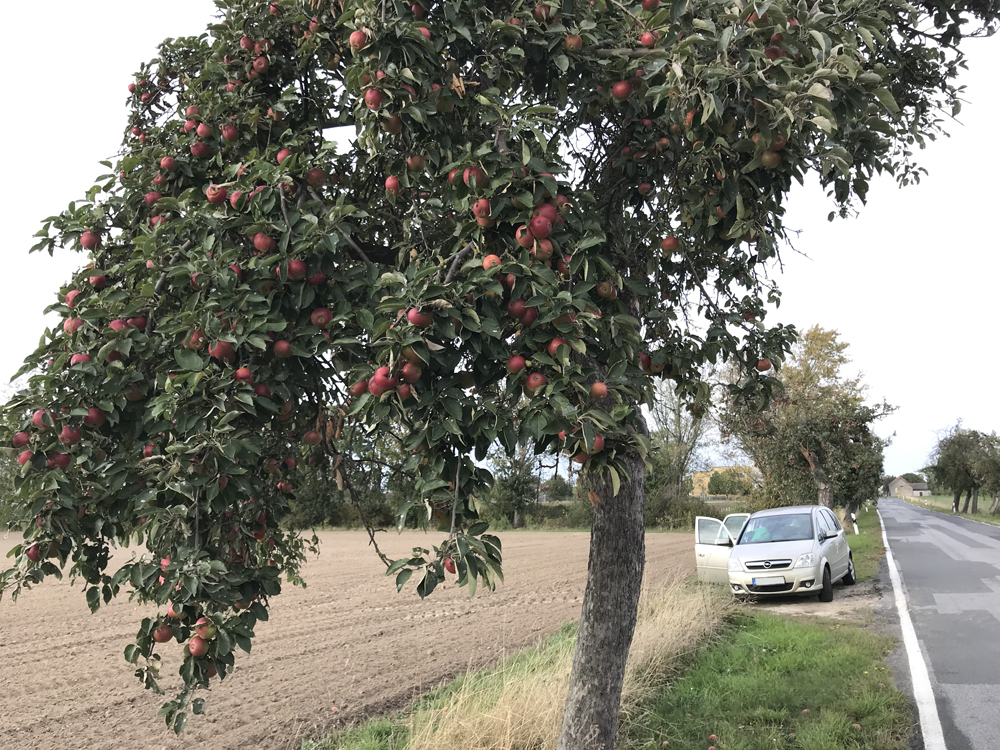Better exposed to air raids than being separated from the mother
The child's view according to Anna Freud / Dorothy Burlingham 1/2
Too lurid, this headline? Well, Anna Freud and Dorothy Burlingham would agree with it.
No wonder, because this is what the two psychoanalysts perceived* when they looked after children who were evacuated during the bombing of London in World War II. Evacuated means: away from their parents and into the "Hampstead Nurseries", a home run by Freud — yes, the daughter of Sigmund Freud - and Burlingham.
What was better
What was the situation like for the children? I am going to sum up the points mentioned by Freud / Burlingham.
--
before: danger of death from air strikes **
after: safety
before: "unhygienic sleep and living conditions"
after: everything more hygienic
before: "Infection foci of large air-raid shelters"
after: "pure country air"
before: hours of standing in line in front of the subway stations
after: orderly daily routine
--
My point of view: This "before", that was really horrible. HORRIBLE! You may not put that on anyone, least of all on children.
In the Hampstead Nurseries, the home run by Freud and Burlingham, the children didn’t have to deal with any of that. Wonderful, right?
How children felt it
Actually, yes, if it weren’t for the teeny-weeny circumstance that they were separated from their parents. So heavy that Freud / Burlingham summarized their experiences with the children as following:
"Es ist nicht leicht zu akzeptieren, dass alle diese Vorteile den Schock der Trennung des Kindes von seiner Familie nicht aufwiegen können."
"It is not easy to accept that all these advantages cannot outweigh the shock of the separation of the child from his family."
No, it’s not easy to accept, but that's the way it is. The evidence in detail can be found in the corresponding report by Freud / Burlington (see below).
It is not easy to accept that foster and adoptive children are "better off" in their new family (whatever that may mean), but would have preferred to stay with their first mother. It is not easy to accept that they are sad, although they should be grateful (as adults and society in general think).
Attention! So that I am not misunderstood: I’m not saying (and I don’t think Freud/Burlingham either) that the children should have stayed in London and continued to be exposed to air raids. Nor is it the case that children shouldn’t be taken into foster care or adopted yesterday, today and tomorrow. Unfortunately, this is often necessary (not to be confused with "always necessary").
Why it is not easy to accept
But I am bothered with this "It is not easy to accept", even though I understand that it is not easy to accept. In my opinion, this is caused by three attitudes.
The first attitude is the factual-logical one, which hides the feelings: "The child is so much better off now, why is he acting out? And if he does, it doesn’t help anyway."
The second attitude is the emotional-self-centered one: "I am aware of how difficult it must be for the child, but it overwhelms me to empathize with it. I’m afraid I’ll be overwhelmed."
And the third attitude is the guilt-conscious one (a feeling that, like all feelings, doesn’t have to be true): "I have a bad conscience that I am involved in this, that it has come so far, and I don’t want to have to look and feel what this really means for the child."
What I’m fighting for
So, I get it, but I don’t want to settle for "It’s not easy to accept". I want to fight for it, I want to contribute to the right of adopted people and foster children to mourn and yearn for our first family.
No, it is not easy to accept, but adults only make the child’s suffering even bigger if they do not accept his sadness. The fact that the child is separated from his first family is bad enough. But I find it even worse not to be allowed to be sad about it.
But if the adults accept the sadness of the child, then the child can more easily process and overcome this sadness.
Why children feel the way they feel
PS, I’m just realizing that I didn’t even touch on why the separation from the mother weights so much, more than anything else. You could write a whole book about that, even several books (like John Bowlby did for example).
I’ll put it this way: Better with the mother in shit than on the candy mountain without the mother. Better with the mother in insecurity than in safety without the mother, because for the child, mother = safety. And = candy mountain (That’s not always true, but more about that in part 2
-----
* Anna Freud / Dorothy Burlingham: Kriegskinder, in: Dies.: Heimatlose Kinder. Zur Anwendung psychoanalytischen Wissens auf die Kindererziehung, (Erstausgabe in deutscher Sprache, London 1949) Frankfurt 1971, 1-61, hier: 35; Nachdruck: Kriegskinder. 12. Bericht . Januar 1941 (Zusammenfassung über die Arbeit des ersten Jahres), in: Anna Freud in Zusammenarbeit mit Dorothy Burlingham: Kriegskinder. Berichte aus den Kriegskinderheimen »Hampstead Nurseries« 1941 und 1942 (Die Schriften der Anna Freud. 2. 1939–1945), München 1980, 496-561, hier: 528. - Translation of the original German text into English by me.
** Damit das klar ist: Die Kinder wussten die Gefahr sehr wohl einzuschätzen, wie Freud / Burlingham betonen: „Kinder, die während des Bombardements älter als zwei Jahre waren, verstehen fast ausnahmslos, was ein Fliegerangriff bedeutet. [...] Sie wissen, dass gebombte Häuser zusammenfallen und dass Menschen unter ihnen verschüttet und getötet werden können.“ (Ebenda, 17 bzw. 507)
Write a comment
Comments
No comments are available for this article at the moment.Top articles




